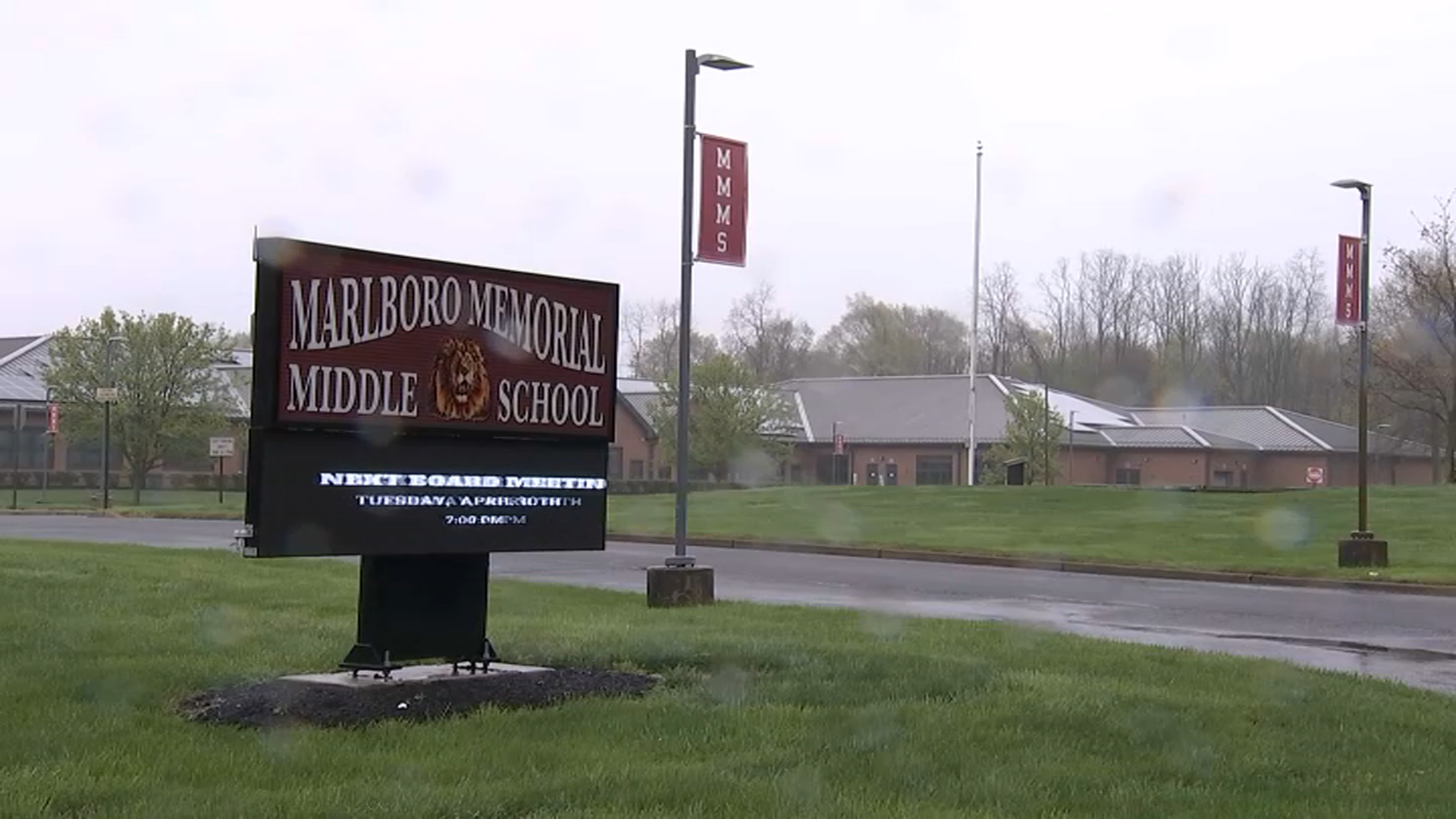Gov. Andrew Cuomo proposed a mostly flat $132 billion budget on Tuesday that has no tax increases, more education and health care aid, and a radical change in pensions for new public employees.
Cuomo's second annual budget includes about a 2 percent increase in state spending that's tied to Medicaid growth, although total spending, including federal funds linked to state spending, will be mostly flat. The budget also would force school districts to implement changes such as tougher evaluations for teachers and principals — based partly on student performance — by withholding from aid from those that fail to do so.
"The Legislature sees whatever a governor proposes as a floor, so the main task will be to try to restrain the Legislature's effort increase school aid," said E.J. McMahon of the fiscally conservative Manhattan Institute.
Higher education funding is mostly held flat, after three years of deep cuts, but Cuomo would include a second annual increase of $300 in yearly tuition for students in the State University of New York and City University of New York systems.
The budget is built around spending about $2 billion from the "millionaire tax" increase on New York's top earners adopted in December. That pays for a $200 to $400 income tax break for most middle-class families, addresses a $2 billion deficit, and helps pay for 4 percent increases for public schools and hospitals and health care facilities through the Medicaid health care system. Those increases total $1.4 billion.
Cuomo is trying to balance continued hard fiscal times in a sluggish recovery with plans to invest in New York's future and attract jobs through tax breaks and other enticements. He also wants to cut long-term spending, including what he's called unsustainable public pension costs.
Cuomo's proposed pension changes would save governments outside New York City $83 billion over 30 years, while saving New York City $30 billion. The new less lucrative pension would be applied to new hires, not current employees or retirees.
Local
"The proposal for a new public employee pension tier is an assault on the middle class and a cheap shot at public employees," said Danny Donohue, president of the Civil Service Employees Association union with 265,000 members. "It will provide no short-term savings and will mean people will have to work longer, pay more and gain less benefit."
Ken Brynien of the Public Employees Federation, which represents 55,000 mostly white-collar members, called it "nothing more than a false choice of accepting severely reduced pension benefits or joining an inefficient 401(k) style pension."
But Cuomo was engaging in a fight some budget analysts have long sought in Albany.
"This budget, if enacted, will mark a second year of serious reform for New York state," said Elizabeth Lynam of the independent Citizens Budget Commission. "It includes an eminently sensible pension reform proposal and another step toward full state financing for the unusually high Medicaid burden now inappropriately placed on the shoulders of local taxpayers."
The budget now goes to the Legislature, which traditionally increases spending slightly.



